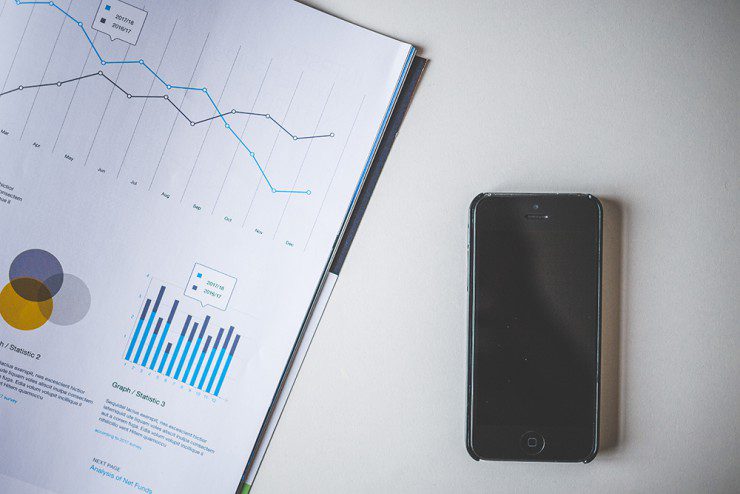Events should be enjoyable. If they are not, you’re doing them wrong. While not every conference or meeting could be characterized as fun, they should be informative and worth your guests’ time. It’s our job as event planners to make it so. That being said, events need to be successful. Measuring a return on investment has always been a sticky question for the event planning industry. How do you measure a good time?
Go back to the whys
The answer is based on your goals. Why are you planning this event? Start your event planning with a clear set of goals. These goals will lead you to your metrics. Here are some possibilities:
- Increase awareness
- Increase conference registrations or ticket sales
- Educate clients
- Generate leads
- Garner media coverage
- Increase digital engagement
You may have one or more goals. The takeaway here is that with concise event goals, you are able to deliberately gather the data you need to calculate an event ROI.
Where’s the data?
The next question to ask is “How would I know if I’ve met my goal(s)?” By asking this question, you are essentially identifying your ROI equation. The most traditional ROI equation is
Sales – Expenses = Revenue
If that’s your goal, you’re good. If you have others, think about the data you would need to make a similar calculation. Also, think about how you will know if your calculations are successful. You’ll need a data point for comparison. Once you know what you need, we’ll make a plan to gather it.
Here’s a sampling of the data you might need:
- Total attendees or conference registrations
- Total qualified leads collected
- Total product sales at the event
- Total expenses are broken down by segments
- Attendee, sponsor and speaker survey responses
- Social media reach, likes and engagement
- Media impressions and reach
- Event website traffic and conversions
- Advertising reach, impressions, and interactions
This list is not exhaustive by any means. Again, the data you need will be very specific to your particular event goals.
Collect the bits
Now make a collection plan. Do not wait until the event is over to do this. Collect the data as you plan your event.
First, collect your benchmarks. If you are going to compare your event goals to a previous event or a competitor’s event, find that data. If you are going to set goals based on industry statistics, look them up. Take these data points and set up a comparison sheet.
Now, decide how you will track your new data. Do you need a data spreadsheet for key points? If you are tracking traditional event ROI, the budget worksheets at the Eventzilla Resource Center will help you record all revenue and expenses. Once your event is over, you can do a complete Profit and Loss statement as well as an ROI.
Create a similar worksheet for other metrics, including event marketing. For example, to calculate traditional advertising ROI you should track reach minus expenses. If you are tracking digital advertising ROI, collect not only reach metrics but also engagement metrics like click-through rates. Set up a spreadsheet to store the data as each ad is deployed.
Some event ROI measurements may be “squishier”, meaning it’s less of a calculation and more of an observation. These event ROI measures are still important. Use a tracking mechanism to store survey responses and search for common themes. Qualitative data is essential.
When the event is over, compile your data sheets into a final analysis sheet. Do your calculations and make your comparisons to benchmarks. You now have all the information you need to know if your event planning was a success. If only event cleanup was this easy.
Organizing an event? Sell tickets online in minutes using Eventzilla







